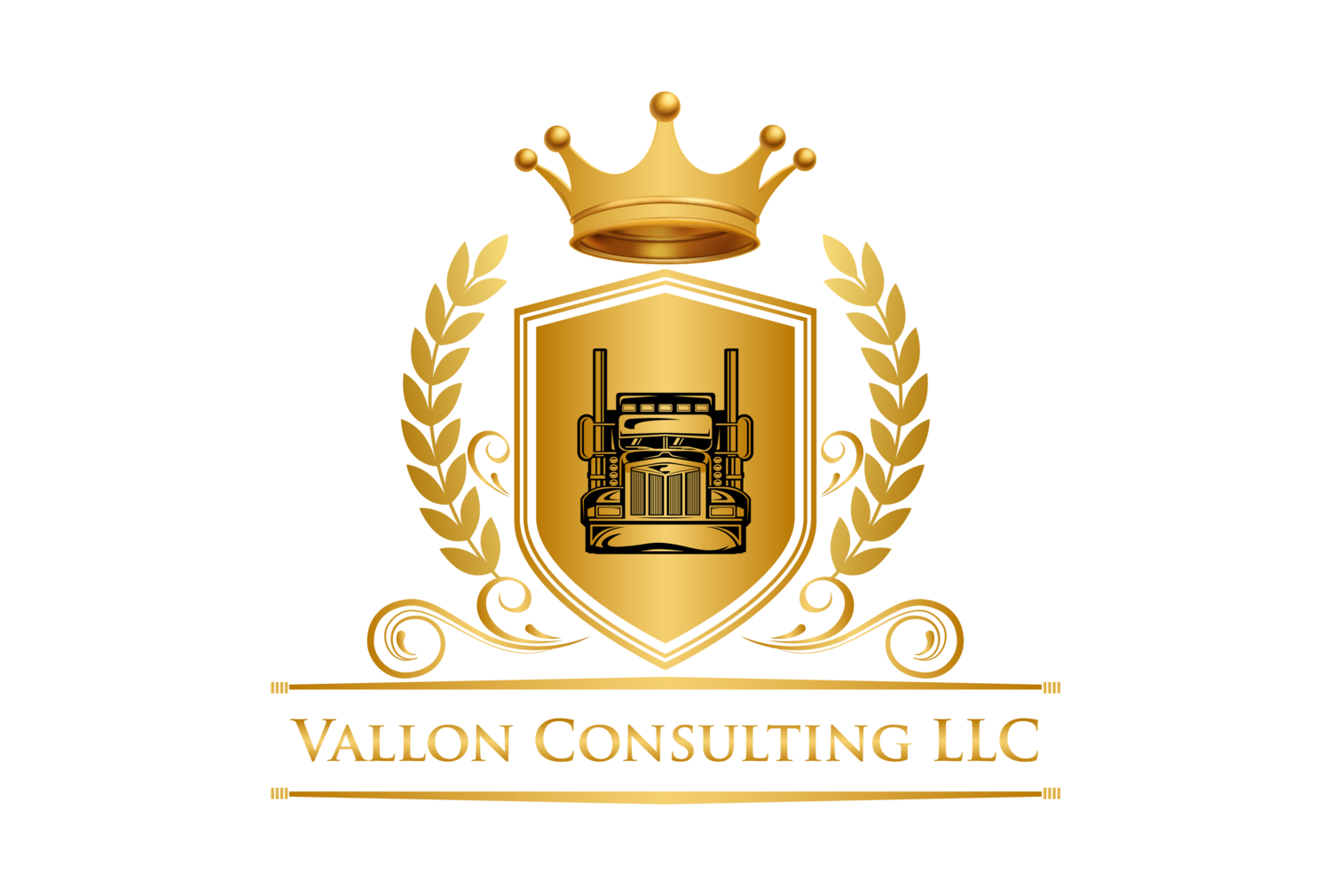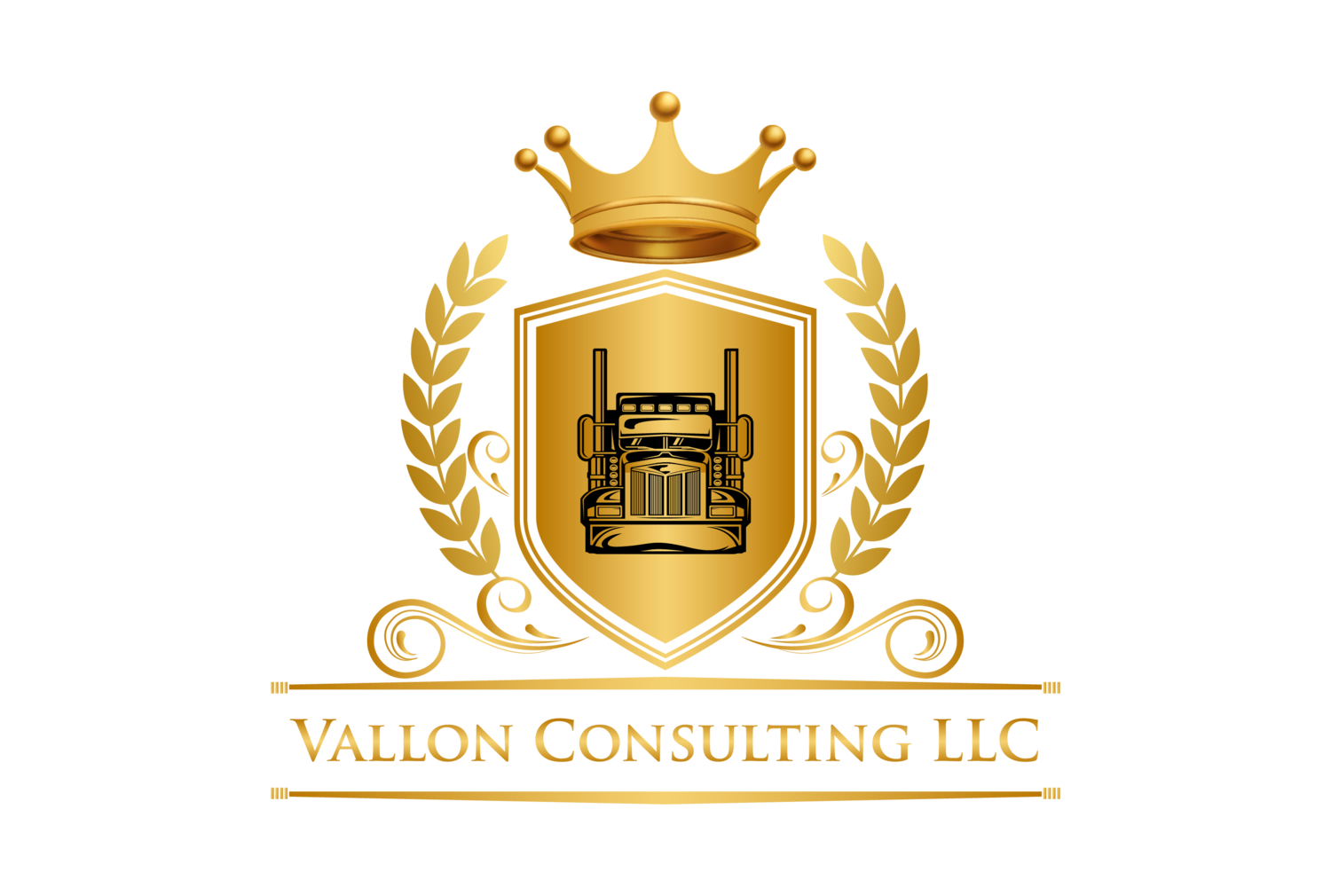The Road to Success: Effective DOT Compliance Training for a Safer Journey
Driving a commercial vehicle is not merely about getting from point A to point B—it requires adherence to a complex web of regulations designed to ensure safety on the road. The Department of Transportation (DOT) lays down a comprehensive framework to govern commercial motor carriers, aiming to minimize accidents, protect drivers and passengers, and safeguard the overall well-being of the transportation industry.
One crucial aspect of DOT compliance is practical training. DOT compliance training equips drivers, supervisors, and fleet managers with the knowledge and skills to navigate the regulatory landscape successfully. By providing a solid foundation of understanding and practical application, effective DOT compliance training is the key to a safer and more efficient journey on the road.
The Significance of DOT Compliance Training
1. Understanding the Compliance Puzzle
Practical DOT compliance training acts as a guidebook to decoding the complexities of regulatory compliance. By providing in-depth knowledge of the Federal Motor Carrier Safety Regulations (FMCSRs), drivers and fleet managers can ensure they are always on the right side of the law. It enables them to grasp the rules and regulations governing areas such as hours of service, vehicle maintenance, driver qualification, drug and alcohol testing, and more.
2. Preventing Accidents and Reducing Liability
DOT compliance training plays a crucial role in reducing accidents and minimizing Liability for motor carriers. Training programs enhance driver skills and awareness by instilling safe driving practices, emphasizing defensive driving techniques, and promoting proactive vehicle maintenance. The result is reduced accidents, injuries, and potential lawsuits, safeguarding both lives and livelihoods.
3. Protecting Your Reputation and Business
Maintaining a solid reputation is essential for any business operating in the transportation industry. A compliance violation can tarnish a company's image and lead to severe repercussions. Practical DOT compliance training ensures drivers and fleet managers are well-versed in industry best practices, thus reducing the likelihood of compliance failures and protecting the company's reputation.
Components of Effective DOT Compliance Training
1. Tailored Programs for Different Roles
Practical DOT compliance training recognizes that different roles within the transportation industry require unique knowledge and skills. Tailored training programs address each role's specific needs and responsibilities, from drivers to dispatchers, safety supervisors, and maintenance personnel. By providing targeted education, companies can ensure everyone possesses the necessary expertise to fulfill their obligations effectively.
2. Practical Application and Simulation
Merely acquiring theoretical knowledge is not enough to excel in DOT compliance. Effective training incorporates practical application and simulation exercises that mirror real-world scenarios. By providing hands-on experience, such as simulating roadside inspections or conducting pre-trip vehicle inspections, training programs prepare individuals to handle situations confidently, ensuring compliance even in challenging circumstances.
3. Ongoing Education and Continuous Improvement
DOT compliance is not a one-time achievement but an ongoing commitment. Effective training programs promote continuous learning and improvement. Individuals can adapt and evolve their practices by staying updated with the latest regulations, industry trends, and technological advancements. Regular refresher courses, webinars, and interactive workshops help reinforce knowledge and ensure compliance remains a top priority.
Frequently Asked Questions?
-
DOT compliance training should be conducted regularly to ensure ongoing knowledge and adherence to regulations. The frequency of training may vary depending on factors such as industry standards, changes in regulations, and company policies. However, a general guideline is to conduct DOT compliance training annually for all employees involved in commercial motor carrier operations.
Additionally, refresher courses or targeted training sessions may be scheduled throughout the year to address specific topics or address emerging issues.
-
Non-compliance with DOT regulations can have serious consequences for individuals and companies. Violations may result in penalties, fines, or even the suspension or revocation of operating licenses. Moreover, non-compliance can damage a company's reputation, lead to increased insurance premiums, and potentially result in legal action. It is crucial to prioritize DOT compliance and invest in effective training to mitigate these risks and maintain a safe and compliant operation.
-
Yes, DOT compliance training can be conducted online. In fact, online training platforms have gained popularity in recent years due to their convenience, flexibility, and cost-effectiveness. Online training allows individuals to access training materials at their own pace and convenience, making it easier to fit into busy schedules. However, it is important to ensure that online training programs meet all regulatory requirements and offer comprehensive content to effectively address DOT compliance training needs.
-
Measuring the effectiveness of DOT compliance training programs is essential to ensure their impact and make necessary improvements. Some ways to assess training effectiveness include:
Conducting post-training assessments or exams to evaluate knowledge retention and understanding.
Analyzing compliance metrics, such as the number of violations or incidents before and after training.
Seeking feedback from employees through surveys or interviews to gauge their perception of the training program's usefulness and relevance.
Monitoring performance indicators, such as reduced accident rates or improved compliance records, to measure the tangible impact of training on operational outcomes.
By regularly assessing training effectiveness, companies can identify areas for improvement and make necessary adjustments to enhance the overall efficacy of their DOT compliance training programs.
In conclusion, practical DOT compliance training is essential for commercial motor carriers to ensure they operate safely, legally, and efficiently. At Vallon Consulting, we understand the importance of compliance and the challenges that come with it. That's why we offer DOT Compliance Services to help companies navigate the complex regulatory landscape and minimize the risk of violations and accidents. Our team of experts is dedicated to providing tailored training programs and comprehensive support to ensure our clients achieve and maintain compliance. By partnering with Vallon Consulting, you can rest assured that your operations are in good hands. Contact us today to learn more about our DOT Compliance Services and how we can help your business succeed on the road.
About Vallon Consulting LLC: Vallon Consulting is A Full-Service Trucking Consulting Company that tackles some of the most critical challenges and obstacles in the trucking industry. Our diverse global team is passionate about helping carriers and fleet managers meet their goals and ensure business stability. We do this by providing services, solutions, resources, and education.
At Vallon Consulting, We Take A “No Carrier Left Behind” Approach. Our Mission is to provide services and resources that address our client’s unique needs. You can learn more about us online at www.vallonconsulting.com and stay tuned with industry updates by following us on Instagram, LinkedIn, Facebook, and Twitter.


